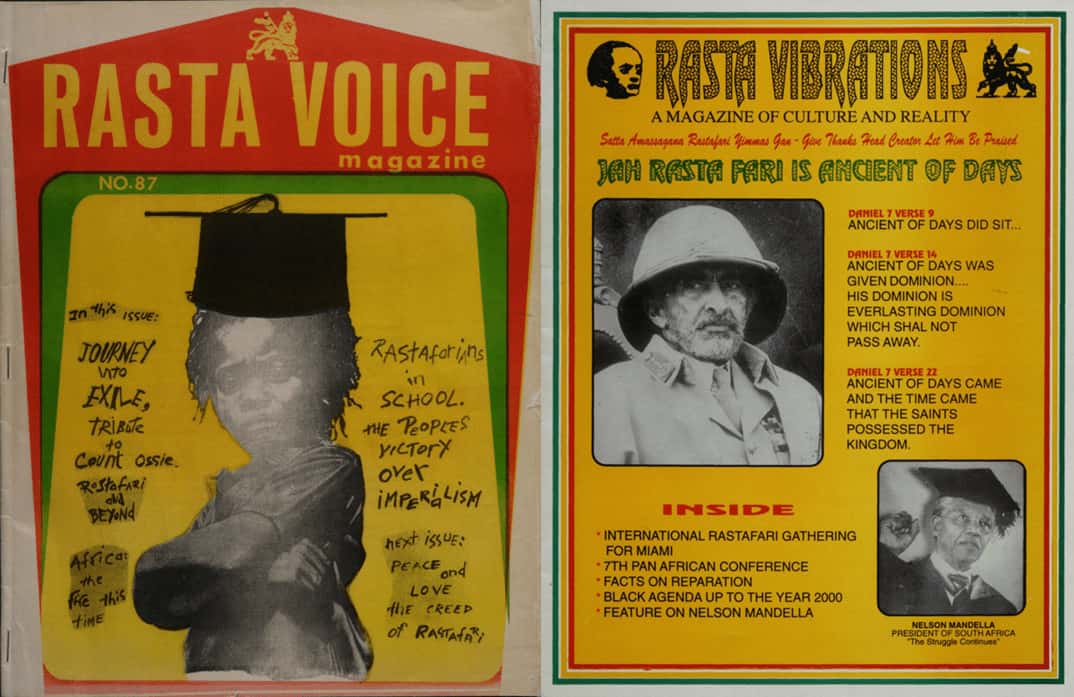|By Rob Youngs do Patrocinio, Gale Ambassador at University College London|
Academic research has evolved drastically in recent years, with new technology revolutionising research methods. One impact is the growing influence of quantitative analysis within the Humanities and Social Sciences. This has impacted research and student curriculums. I am currently a third-year student at University College London (UCL) studying History and Politics of the Americas with languages. Last year, my course included a ‘Research Methods’ module. The quantitative section of this module introduced me to the value of digital humanities (DH), particularly R-Studio which we took time to practise and utilise in our university projects. My institute’s different DH workshops were useful in that they enhanced the module and enriched my course as it presented a new approach to social scientific research. This challenged me to further question the complexities of QUAN vs QUAL/mixed-methods research, and to what extent they are mutually inclusive/exclusive in different research contexts.



